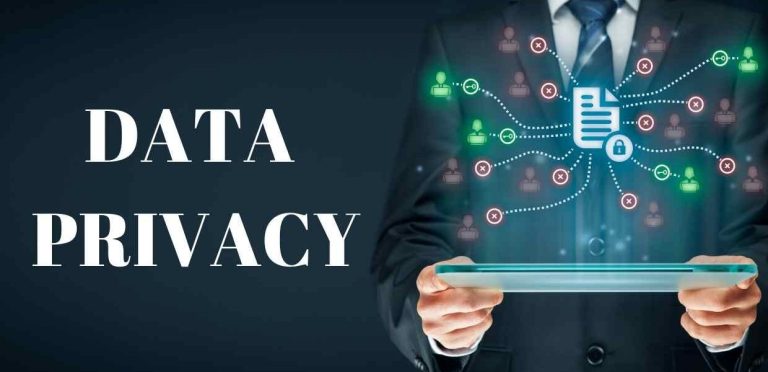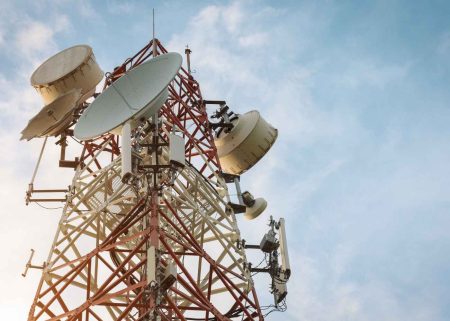Whistleblowers play a crucial role in uncovering unethical or illegal activities within organizations, especially in government and large corporations. However, when it comes to dealing with classified information, whistleblowers face significant challenges and risks. This article explores the rights and risks associated with whistleblowing, focusing on the handling of classified information.
Understanding Classified Information
Classified information refers to data that has been deemed sensitive by a government or organization, requiring protection from unauthorized access. This information is typically categorized into different levels of security, such as Confidential, Secret, and Top Secret, based on the potential damage its disclosure could cause to national security or organizational integrity. Whistleblowers who handle classified information must navigate strict regulations and legal frameworks to avoid severe penalties.
Rights of Whistleblowers
Legal Protections
In many countries, whistleblowers are granted certain legal protections aimed at encouraging the reporting of wrongdoing without fear of retaliation. These protections can include anonymity, immunity from prosecution for disclosing certain types of information, and legal avenues for addressing retaliation. However, these protections often come with limitations, especially concerning 分类信息.
Channels for Disclosure
Whistleblowers dealing with classified information typically have specific channels they must use to report their concerns. These channels are designed to ensure that sensitive information is handled appropriately while still allowing for the exposure of wrongdoing. For instance, in the United States, whistleblowers can report through the Office of the Inspector General or to members of Congress with appropriate clearances.
Risks Associated with Disclosing Classified Information
Legal Consequences
One of the most significant risks for whistleblowers dealing with classified information is the potential for legal consequences. Unauthorized disclosure of classified information can lead to criminal charges, including espionage or treason, which carry severe penalties, including long prison sentences. Whistleblowers must carefully consider these risks before proceeding.
Personal and Professional Repercussions
In addition to legal risks, whistleblowers may face personal and professional repercussions. These can include loss of employment, damage to reputation, and even threats to personal safety. The handling of classified information adds an additional layer of complexity, as the stakes are often higher, and the consequences more severe.
Notable Cases and Their Impact
Several high-profile cases have highlighted the delicate balance between the public’s right to know and the need to protect classified information. Cases such as those involving Edward Snowden and Chelsea Manning have sparked significant debate over the role of whistleblowers and the handling of sensitive information. These cases illustrate the profound impact that whistleblowing can have on both individuals and society as a whole.
Conclusion
Whistleblowers who handle classified information face a unique set of challenges and risks. While legal protections exist, they are often limited when it comes to classified information. The potential for legal, personal, and professional repercussions can be significant. However, the role of whistleblowers remains essential in promoting transparency and accountability. Those considering blowing the whistle on classified information must weigh their rights and risks carefully to navigate this complex landscape effectively.



